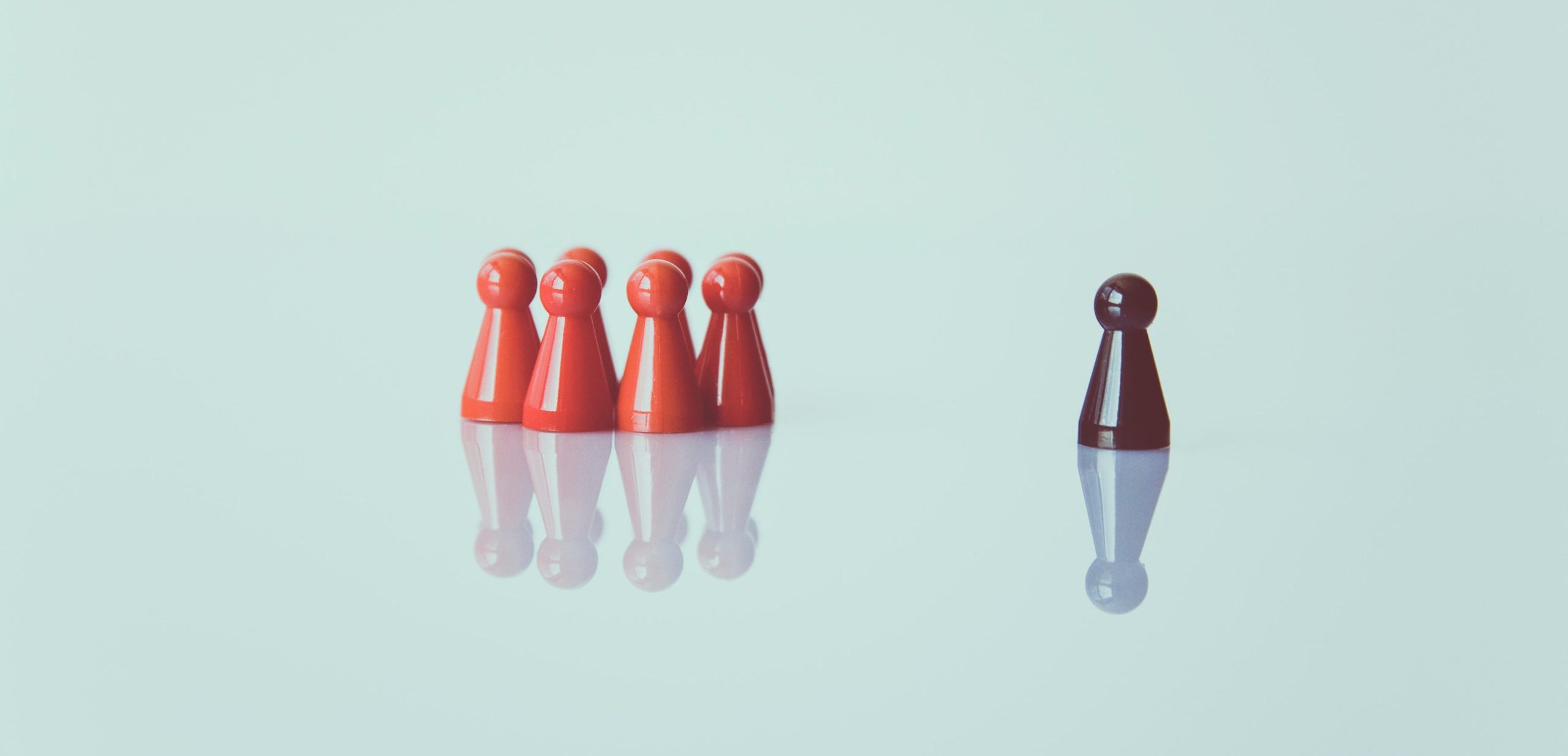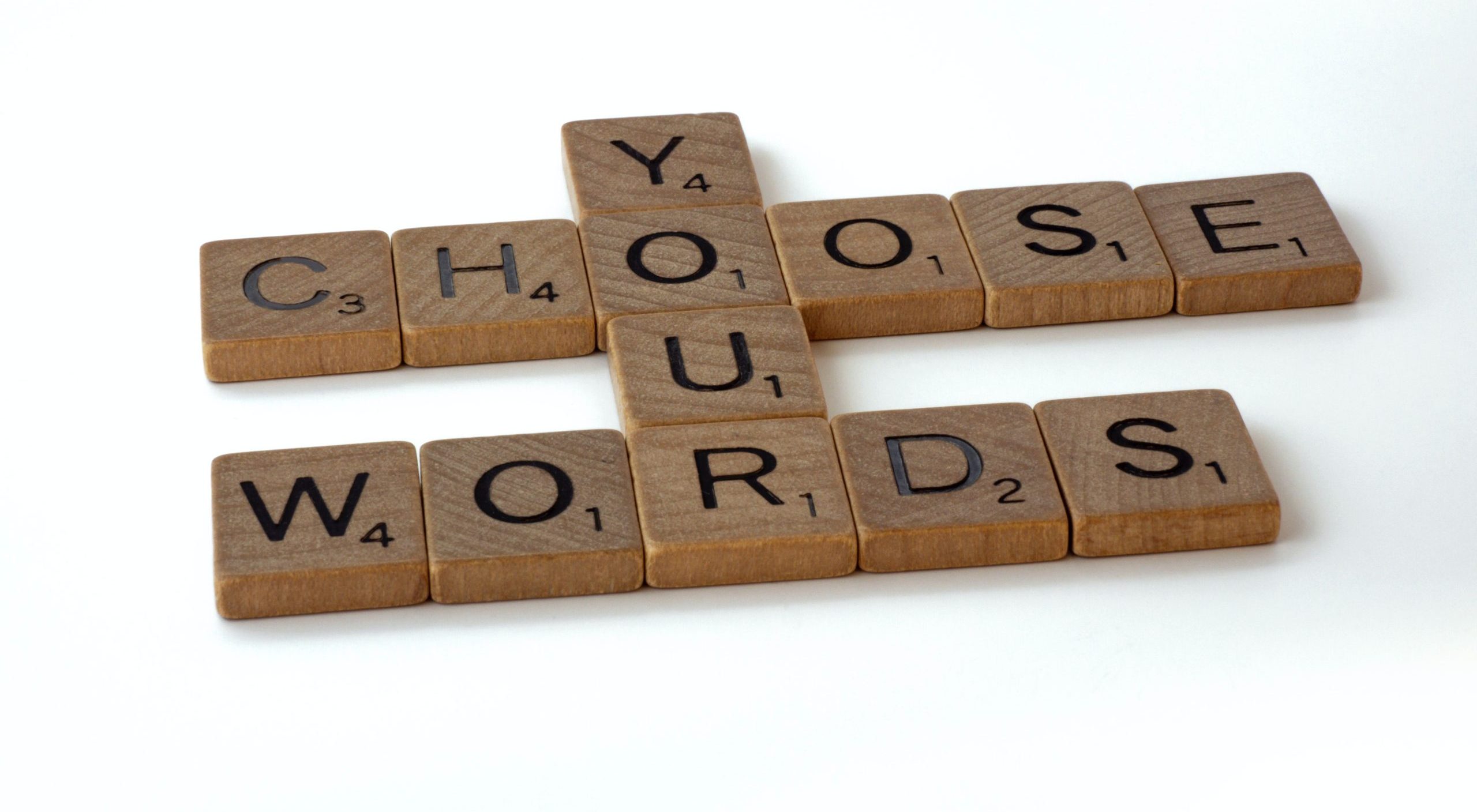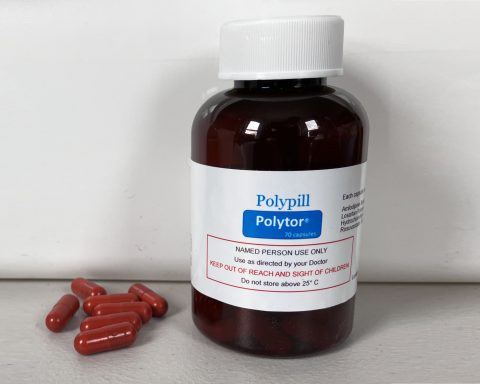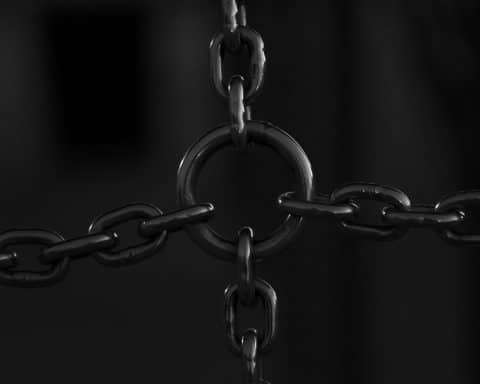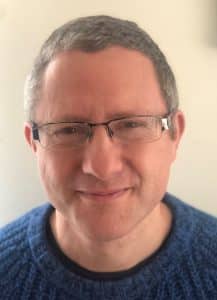
Generally speaking, we take what we see at face value, and most of the time, we are right. Context is important, of course: we can enjoy watching an action film from the safety of our living room sofa precisely because we know it is not real. At other times the context may be less clear, making it difficult to know how to react to the stranger trying to attract our attention or the raised voices in the next room. What is evident, though, is that our grasp of reality depends heavily on how we interpret the stream of incoming data from our senses, and that our brains are not merely passive receivers of the world’s signal, but active generators of what we take to be the world. There is undoubtedly a reality outside our heads, but the one we deal with is inside them, a model that simulates it, shaping our expectations of what is outside and our responses to it. This model is not a smooth, shiny whole, but a diverse collection of experiences, assumptions and received wisdom held together with paperclips and string. Our perception of reality is necessarily flawed. Cognitive illusions and biases are not glitches in an otherwise perfect system, but the evidence of just how hard our brains work to make sense of the world around us.
If you can’t make a map with which to navigate, routine and structure are a trail of breadcrumbs to follow home…
It is inevitable, then, that our approximation of what is real and how things work sometimes lets us down, as when European visitors to Australia first came across black swans. There is a difference between the model and the reality, the map and the territory, and acknowledging this incongruence can be uncomfortable for us, like hearing a dissonant chord or looking at an Escher staircase that refuses to go properly up or down.1 We like things to fit, to make sense, and we actively seek out congruence, like heliotropes following the sun or a cat stealing the comfy chair.
We do this partly by shrinking the world, sticking to situations with which we are familiar, and which we can therefore simulate more accurately. We also look for activities with clearly defined sets of goals, rules, rewards and penalties. Each of these represents a microcosm, a pocket universe in which things make sense, and in which success is clearly sign-posted and achievable. If you want to decide whether today was a good day, it’s easy: Rashford scored; the profiteroles are perfect; you got past the boss fight. Any aspect of life can be stripped back to a simpler proposition in which we can immerse ourselves fully in order to experience congruence.2
We cannot manage without models, but it is easy to forget that they are not the same as reality…
We come across this stripping-back in medicine. Addiction represents not just a chemical dependence or a pattern of behaviour, but a smaller world in which priorities, needs and decision-making all come ready-made as part of the package, a template for life which makes more sense than the available alternatives, regardless of the consequences.3 Some US Vietnam veterans, whose reality had come to be defined by trauma, experienced civilian life as constantly dissonant, and could only find a sense of wholeness, or congruence, by returning again and again to that trauma.4 Autism seems to make it harder to model reality in general, rendering much of life incongruous and jarring.5 If you can’t make a map with which to navigate, routine and structure are a trail of breadcrumbs to follow home, and familiar repetitive activities help soothe the weary traveller.
Medicine is itself a microcosm, a construct for making sense of the dis-ease from which we all suffer at one point or another. There will always be discrepancies between how we feel and what we expect or understand, and sometimes these will be caused by one of the pathologies lined up in jars on the shelf at medical school. More often, they will simply reflect the limits of our perception: we see through a glass, darkly.6 And yet, the sense of congruence we gain from thinking of what we feel as a symptom is so compelling that it can be difficult to know where to draw the borders of this little world.
We cannot manage without models, but it is easy to forget that they are not the same as reality, and that their utility depends not just on their ability to provide a sense of congruence, but on the degree to which they help us to engage meaningfully with the world around us. A good model is always a work in progress, which we refine by recognising its limitations. It is easy to become lost in our little worlds, and many of our patients have become lost in Medicine, which promises answers but often disappoints. If we are to be faithful guides in this world, we should take care to note its exits as well as its entrances.
References
- Heath I, How medicine has exploited rationality at the expense of humanity, BMJ 2016; 355: i5705 doi: 10.1136/bmj.i5705 (Published 1 November 2016)
- Flow: the Psychology of Happiness, Mihaly Csikszentmihalyi, Rider, 2002
- Addiction and Virtue: Beyond the Models of Disease and Choice, Kent Dunnington, IVP USA, 2011
- The Body Keeps the Score: Mind, Brain and Body in the Transformation of Trauma, Bessel van der Kolk, Penguin, 2015
- How Emotions are Made: the Secret Life of the Brain, Lisa Feldman Barrett, Pan, 2018
- The Bible, 1 Corinthians 13: 12, King James Version
Featured Image by Juliana Malta on Unsplash


